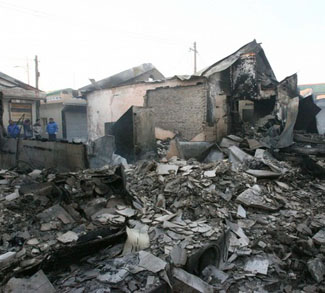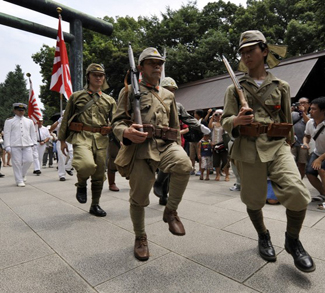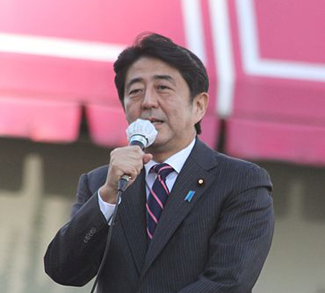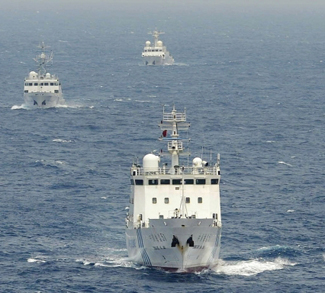FORECAST
Last week’s revelation of a highly refined capacity for uranium enrichment and the subsequent shelling of South Korean military positions on Yeonpyeong Island are both indications that Pyongyang is willing to push this crisis to the extremities. What’s more troubling however is that the opposing side may be prepared to do the same.
While incendiary provocations are nothing new from North Korea, especially as of late, this latest shelling of Yeonpyeong Island is different insofar that it’s the clear targeting of South Korean land and it is far less deniable than last March’s sinking of the Cheonan. It seems that the government of the DPRK is quite willing to risk open conflict with the South, and all of the potentially disastrous escalations that come with it, in order to achieve its goals.
What the DPRK is trying to achieve at this point seems rather transparent; the more interesting question is whether or not these goals will be realized. From a domestic political standpoint, it seems fairly obvious that the process of leadership succession has something to do with the North’s recent belligerence. It doesn’t seem too far-fetched to assume that Kim Jong-Il is giving the military establishment an opportunity to stress their continued relevance in exchange for supporting his near-anointed successor, Kim Jong-Un. Despite whatever level of personal power Kim Jong-Il has enjoyed over the course of his reign, in failing health it seems likely that his influence would be diminished.
At the international level, the DPRK leadership may be hoping that its newly revealed enrichment capacity and the shelling of Yeonpyeong will induce a return to stalled six-party nuclear talks. New disarmament-for-aid deals have the potential to alleviate the North’s food shortages and reserve currency woes.
But the question remains: will the international community bite? The last round of six-party talks ended in total failure, and there seems to be a consensus emerging that the North’s nuclear ambitions will not be curtailed through diplomacy. As always, China will be a key consideration in how the international community will deal with the DPRK, and this time Pyongyang has left Beijing with very little room for manoeuvre.
It will not only be exceedingly difficult for Beijing to rationalize any diplomatic defense of the North’s recent actions, but there’s also the question of whether China would even want to. Recent moves by the DPRK have made it exceedingly clear to South Korea and to a lesser degree Japan that US military power is a key stabilizing force in the region; a concept that Beijing wants to dispel, not reinforce. Moreover, the conventional rationale that is championed as a reason for China’s unwavering support of the DPRK– the potential for catastrophic refugee flows in the event of regime collapse- seems like more of a possibility if the North continues its current policy of international belligerence.
The situation on the Korean peninsula is an extremely dangerous mix. The failure of the six-party framework has been taken as an overall failure of the carrot when dealing with North Korea. If the DPRK leadership continues its sabre rattling, it’s quite likely that the US and South Korea will turn towards the stick and all of the terrible consequences that would come with it.




